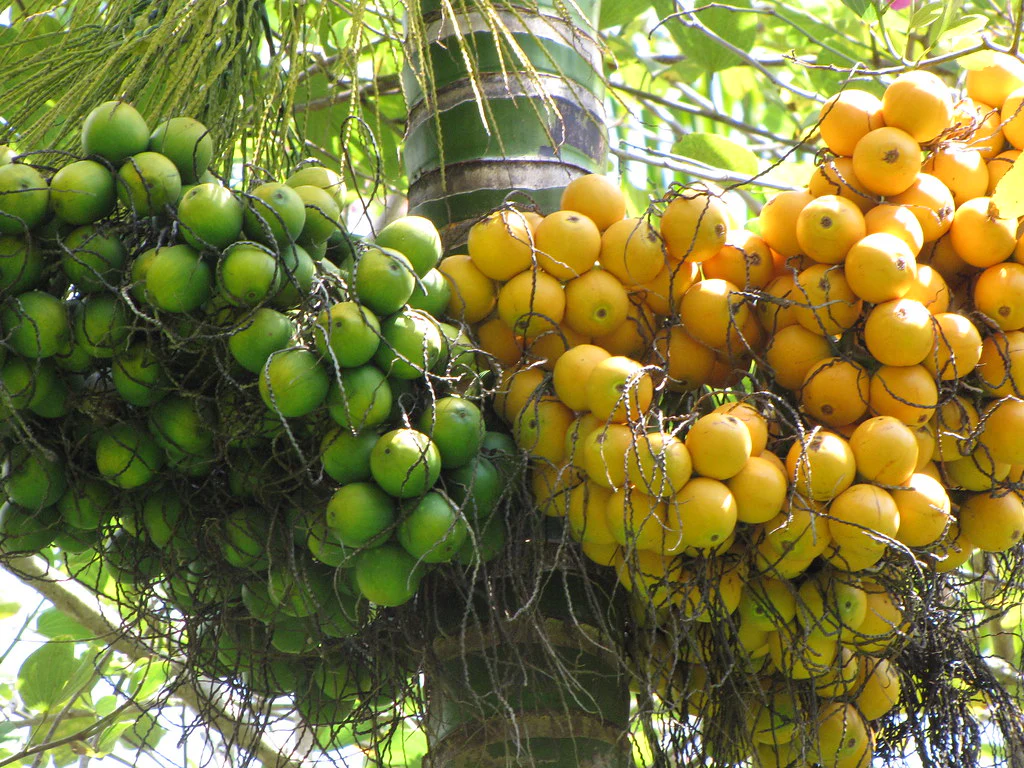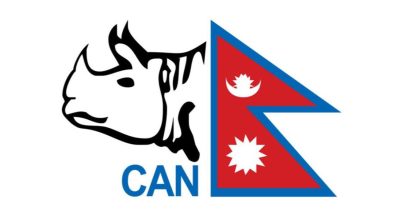
Chandrakala Bhandari
Jhapa, Dec 4: Betel nut (supari) trade, a major cash crop in Nepal, has come to a standstill following a parliamentary directive requiring DNA (Deoxyribonucleic Acid) testing for export. This has created uncertainty for farmers and traders alike.
Betel nut production has been ongoing for decades in districts like Jhapa, with much of the crop exported to India. According to the Betel Nut Producers’ Association, eastern Nepal produces 15,000 metric tons of betel nuts annually, worth Rs 8–12 billion based on market prices.
However, the suspension of exports due to policy uncertainties has jeopardized the livelihoods of nearly 100,000 farmers engaged in betel nut farming from Jhapa to Udayapur. The Association’s Central President, Neelkantha Tiwari, expressed concern over the situation, saying, “The parliamentary committee instructed the Ministry of Finance and the Ministry of Commerce to enforce DNA testing before exports. It’s been two years, and there’s no progress on where or how this testing will take place.”
In 2079 BS, the National Assembly’s Committee on Sustainable Development and Governance issued a directive for DNA testing to ensure that only locally produced betel nuts are exported under India’s import quota. India has a fixed quota for betel nut imports from Nepal.
The measure aims to prevent Indonesian betel nuts from being exported to India under Nepal’s quota. However, no laboratory has been established to conduct the required tests, stalling exports entirely since last year.
Farmers’ Struggles
Farmers like Jeevan Pandey from Mechinagar Municipality, who transitioned from paddy farming to betel nut cultivation, are distressed by the situation. “My plants are loaded with nuts, but no traders are coming to buy them,” Pandey shared, recalling how traders used to visit his farm two years ago even before the harvest.
Local government representatives have also criticized the lack of support for betel nut farmers. Ward member Pawan Baraili from Bahundangi lamented that the government has failed to provide subsidies or facilitate market access for farmers. Farmers in areas like Bahundangi, Sanischare, and Budhabare, known for betel nut production, are increasingly concerned about their unsold crops.
DNA Testing: A Complex Challenge
The DNA testing requirement has become a major roadblock for the industry. President Tiwari argued that it is impractical to test betel nuts due to differences in timing and quantity during export.
“The government’s insistence on DNA testing is unnecessary and impractical,” he said, emphasizing the urgent need for alternative solutions to resume exports.
The prolonged delay in resolving the DNA testing issue has not only left betel nut farmers in financial distress but also raised concerns about the future viability of Nepal’s betel nut industry.
Without immediate intervention, the livelihoods of thousands of farmers and Nepal’s export revenue from this cash crop remain at risk. #nepal #betelnut










